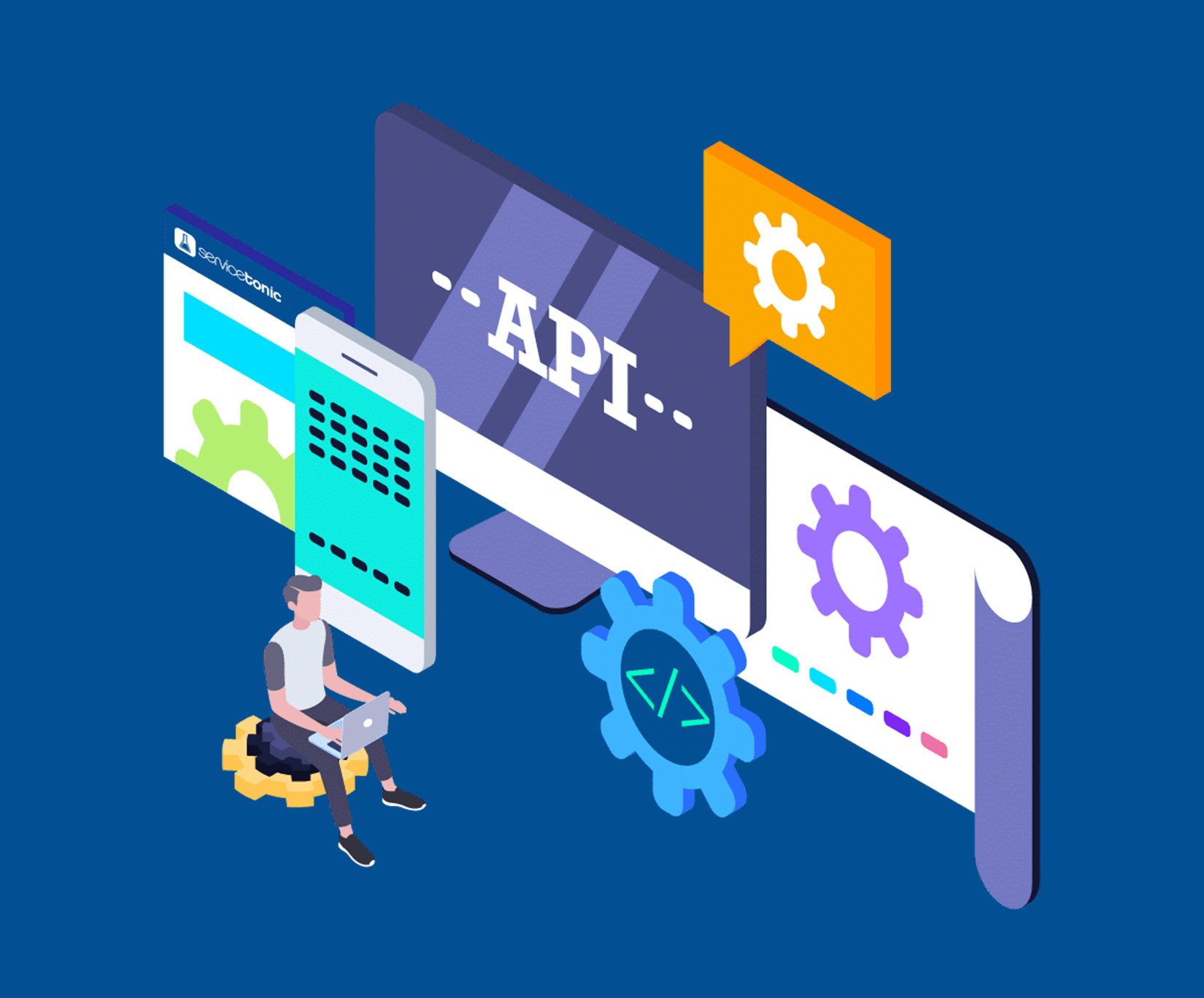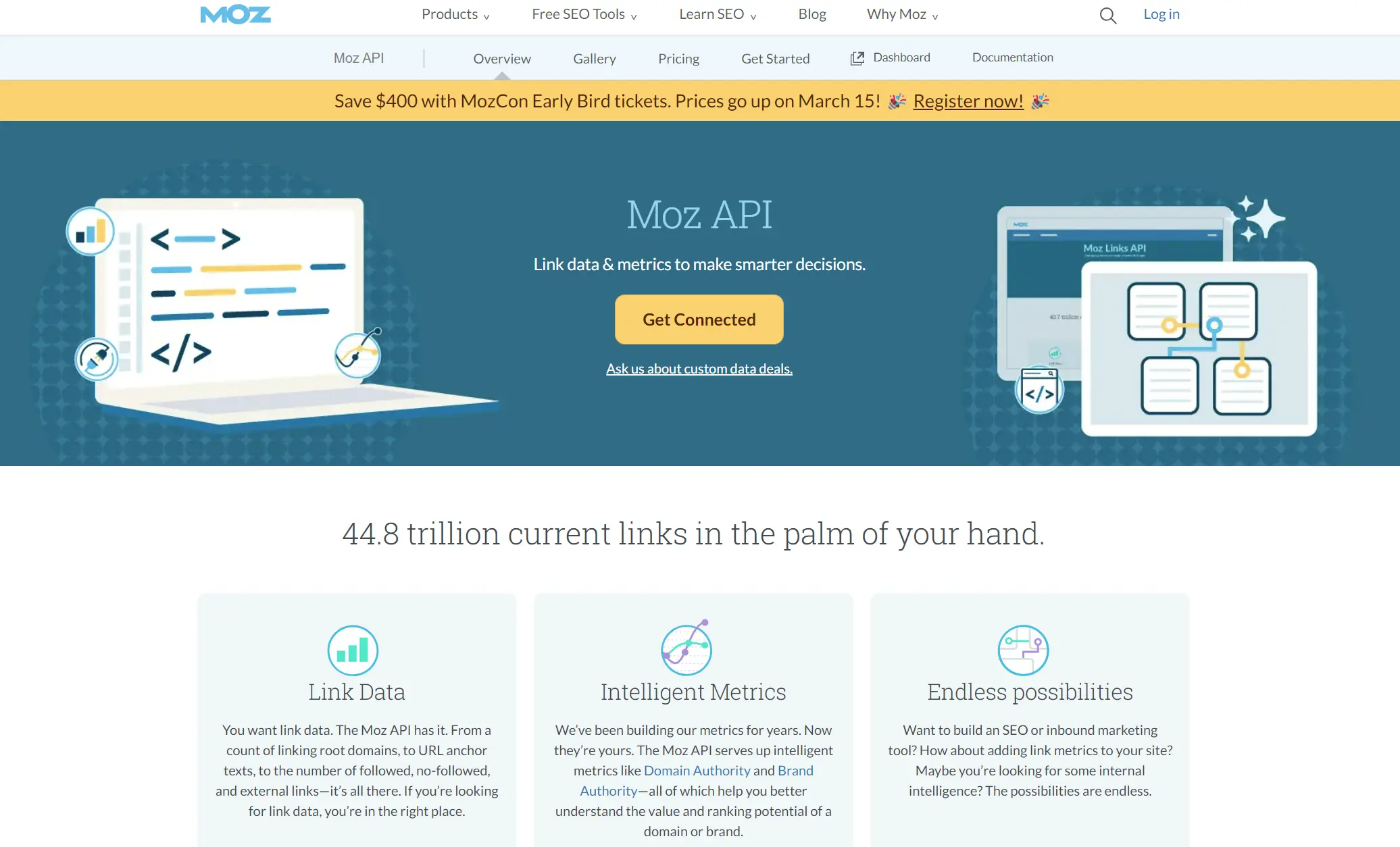Are you struggling to keep pace with the ever-evolving landscape of search engine optimization? The key to unlocking unparalleled SEO success in today's data-driven world lies in harnessing the power of APIs.
APIs, or Application Programming Interfaces, are the unsung heroes of modern SEO. They act as bridges, allowing different software systems to communicate and exchange data seamlessly. This seemingly simple function unlocks a world of possibilities for marketers, developers, and SEO specialists, enabling them to access, analyze, and manipulate data from various sources to inform their strategies. From gleaning insights from search engines to monitoring social media trends, APIs are essential for staying ahead of the curve and achieving better results in SEO campaigns faster.
Let's delve into the intricacies of SEO APIs and explore how they can revolutionize your approach to online marketing.
The core function of an SEO API is to provide programmatic access to data. This means you can automate many tasks that would otherwise be manual, time-consuming, and prone to human error. You can access new data points as they become available, including SERP (Search Engine Results Page) data, allowing you to gain real-time insights into the competitive landscape. The Search Console API, for example, grants programmatic access to the most popular reports and actions within your Search Console account. This can include querying your search analytics, listing your verified sites, and managing your sitemaps.
Here's a breakdown of key data points that are often accessible via SEO APIs:
- Keyword Data: APIs empower you to pull metrics like search volume and keyword difficulty (KD) for individual keywords or entire lists. They also provide access to the top 100 search results for any given term.
- Web Page Performance Data: Beyond keyword data, APIs can provide insights into average page views, URL identifications, domain scores, and traffic rankings.
- Competitive Analysis: Identify and analyze your top organic competitors to understand their strategies and pinpoint opportunities.
- Content Insights: Some APIs offer access to data about search intent and keyword suggestions, enabling more informed content creation.
- SEO Audit Data: Leverage APIs to conduct comprehensive SEO audits, identifying technical issues and areas for improvement on your website.
The use of APIs streamlines SEO processes. Compared to using traditional SEO scraper tools, APIs speed up data analysis. The collected data is translated into a comprehensive knowledge base for more insightful SEO strategies. Furthermore, you can sync data from your business systems directly into tools like Google Sheets or Excel using integrations and set automatic refresh schedules. This ensures that your data is always up-to-date.
- August 30 Horoscope Sign Zodiac Insights For Virgo
- The Ultimate Guide To Peso Pluma Height Discover The Perfect Fighting Weight
Here's a table summarizing the functionality and benefits of SEO APIs, which can be easily integrated into your website, dashboard, or application:
| Feature | Benefit |
|---|---|
| Access to Fresh Data | Obtain the industry's biggest proprietary sources of current and historical SEO data. Access new data points, like SERP data, as they become available. |
| Automation | Automate data extraction, analysis, and reporting. Sync data from your business systems into tools like Google Sheets or Excel with set refresh schedules. |
| Customization | Build bespoke SEO solutions tailored to your specific business needs. Integrate the API into your applications, widgets, or dashboards to visualize data through a custom interface. |
| Efficiency | Achieve better results in SEO campaigns in a shorter period of time. Speed up the time it takes to complete various SEO processes. |
| Insight | Gain access to data like search intent and keyword suggestions to assist in content creation. Access information about average page views, domain scores, and traffic rankings. |
| Competitive Analysis | Collect accurate SEO data to track your online properties and those of your competitors. |
| Integration | Easily integrate APIs into your internal applications, widgets, or dashboards. |
| Scalability | Handle large volumes of data and efficiently manage SEO audits for a significant number of prospects. |
Several companies offer SEO APIs, each with its strengths. DataForSEO, for example, is trusted by over 750 SEO software companies and agencies. Moz API v3 provides comprehensive data solutions to assist you in making informed SEO decisions. Semrush also offers robust API solutions for enriching your tools. The Seobility SEO API provides access to data and functionality from the Seobility SEO software. Also, Mangools provides valuable data through their APIs.
The method name specified in the request body identifies the desired operation within an API. When dealing with APIs, understanding query limits is crucial. These limits often depend on your subscription level and the number of keywords you are tracking. For instance, users with API access might be limited to a certain number of calls per keyword monthly. The output format of an API is typically JSON (JavaScript Object Notation), making it easy to parse and integrate with various systems.
APIs are not just about data; they're about creating tools. With SEO Review Tools API, you can build your custom white-label SEO reports, dashboards, and applications. The Domain Analytics API provides instant access to data, ensuring the efficiency and resilience of your domain analytics solutions.
Using an API in SEO allows SEO specialists to gain immediate access to data from numerous sources. This enables them to view, correlate, combine, and manipulate the information in many ways, allowing for the creation of new instruments without understanding the underlying code. APIs are crucial for SEO because they allow marketers to access, analyze, and manipulate data from search engines, social media platforms, and other sources to inform their SEO strategies. They're a key element in modern SEO, allowing for better results, quicker analysis, and smarter strategy.
For those looking to leverage the power of SEO APIs, consider these key takeaways:
- Define Your Needs: Clearly identify the specific data points and functionalities required for your SEO efforts.
- Explore Available APIs: Research various SEO API providers and evaluate their features, pricing, and support.
- Test and Integrate: Experiment with API calls and integrate the chosen API into your existing workflow or custom applications.
- Monitor and Optimize: Continuously monitor your API usage, performance, and adjust your strategy as needed.
In conclusion, embracing SEO APIs is no longer optional; it is essential. By integrating these powerful tools into your strategy, you can unlock the potential of your SEO efforts, improve your web page performance, boost brand visibility, and ultimately, achieve higher page rankings. Don't be left behind the future of SEO is powered by APIs.
- Uncovering The Inspiring Story Of Airbnbs Cofounders Elissa Patel And Brian Chesky
- Avril Lavigne Born


